Question And Answer
Publications
Articles, publications, books, tools and multimedia features from the U.S. Institute of Peace provide the latest news, analysis, research findings, practitioner guides and reports, all related to the conflict zones and issues that are at the center of the Institute’s work to prevent and reduce violent conflict.
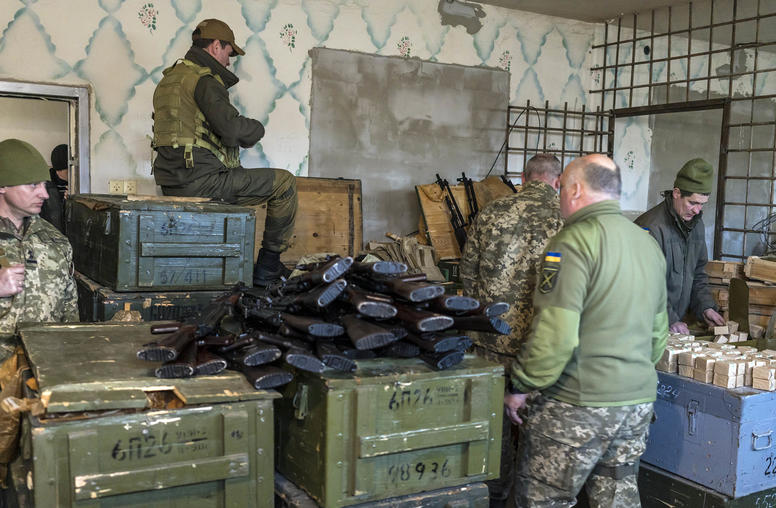
Ukraine: The EU’s Unprecedented Provision of Lethal Aid is a Good First Step
Just three days after Russia began its war of aggression against Ukraine, the European Union announced that it would provide weapons to Ukraine through a new financing instrument, the European Peace Facility (EPF), marking the first time in EU history that the bloc provided lethal weaponry. Over the past six months, the EU has provided €2.5 billion to Ukraine through the EPF for arms and equipment, signaling a more muscular EU foreign policy featuring the unprecedented provision of direct military assistance.
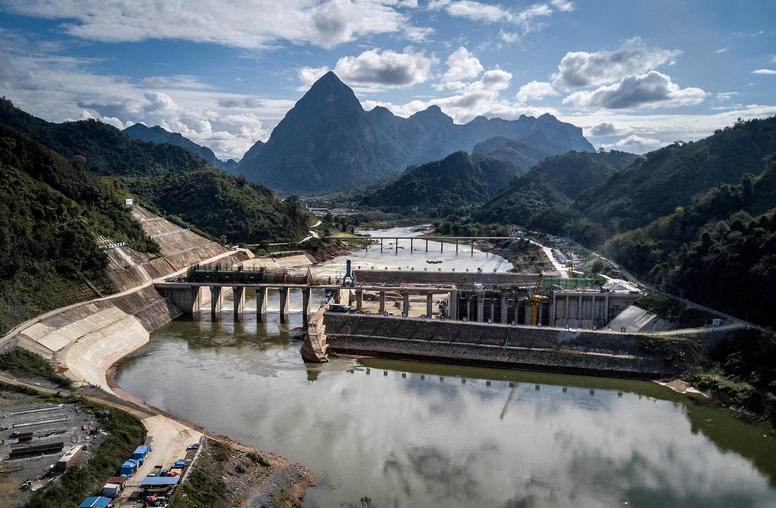
How to Balance Hydropower and Local Conflict Risks
In the face of rapidly expanding solar and wind energy technology, it’s easy to forget about hydropower. Hydropower was first harnessed to turn mills and grind grain, but today it generates more electricity than any other source of renewable energy. But while dams can spur development, help manage water resources and improve access to affordable electricity, their impacts on local communities and the environment can have a dark side.
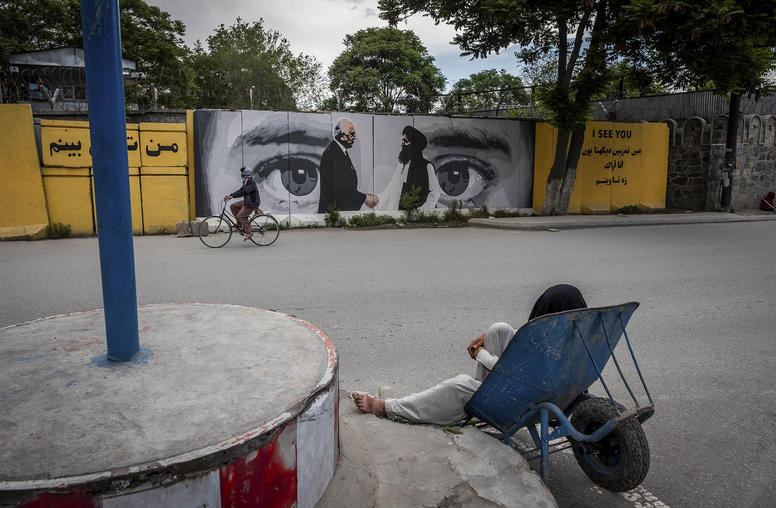
Missteps and Missed Opportunities for Peace in Afghanistan
The United States, successive Afghan governments and the Taliban missed several opportunities to achieve peace over the past couple of decades. Today, under the Taliban government, which is not recognized by a single country, Afghanistan is facing twin economic and humanitarian crises while the marginal gains made on women’s rights have all but evaporated.
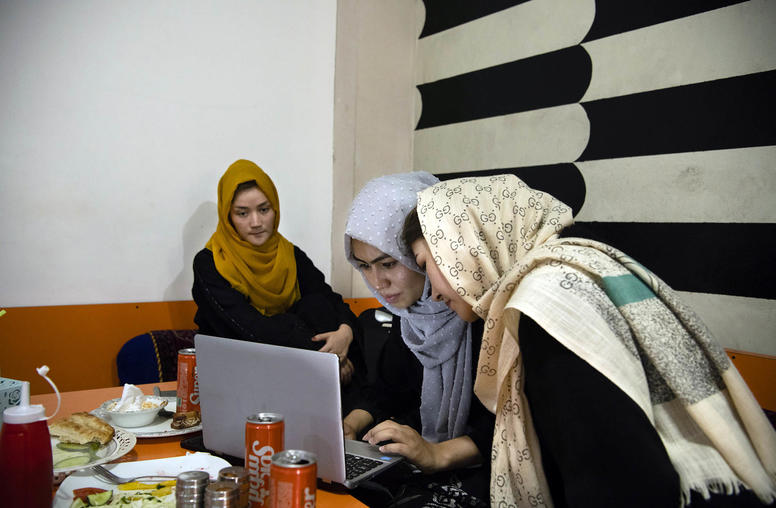
Taliban Escalate New Abuses Against Afghan Women, Girls
Afghanistan’s Taliban are escalating restrictions against women, sending armed men into girls’ classrooms and forcing staff to inspect girls’ bodies for signs of puberty to disqualify them from further schooling. Afghan women report Taliban enforcers beating women whom they find wearing Western-style pants beneath their regime-mandated outer robes. The Taliban are intensifying these assaults in response to women’s rights campaigns in Afghanistan and Iran, and amid their own struggle to consolidate power. The Taliban’s intensifying violations against women risk mass atrocities and may presage greater violent extremism and threats to international security. Policymakers must respond.
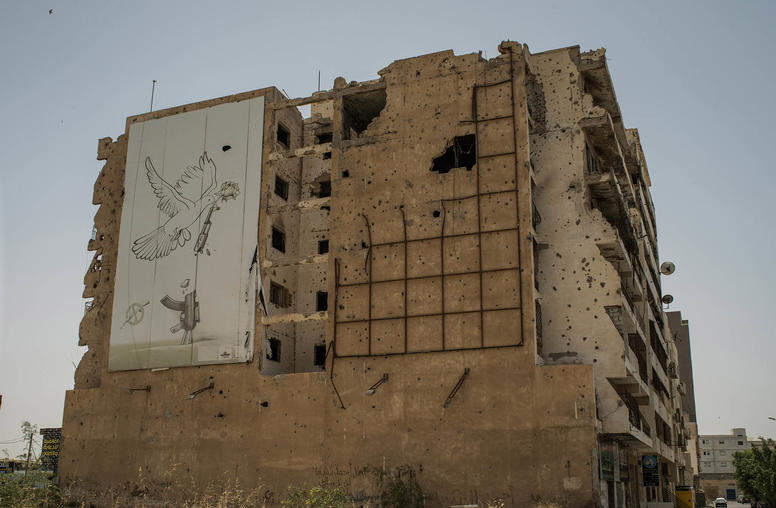
From Factionalism to Foreign Interference: Libya’s Conflict Remains Frozen
Over 11 years after the death of dictator Muammar Qaddafi, Libya’s conflict is seemingly stuck in place. Rival governments in the country’s East and West, factionalism, militia warfare and foreign interference have all contributed to a complex conflict that still has no resolution in sight. In a bid to advance the peace process, the United Nations convened the Libyan Political Dialogue Forum (LPDF) in late 2020 with 75 Libyans from across the country’s diverse social and political spectrum. Among other things, participants agreed on a roadmap for national elections to be held on December 24, 2021.
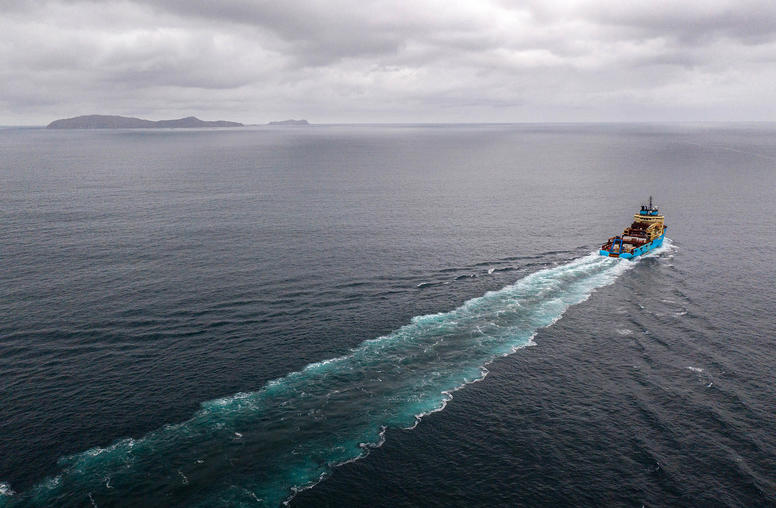
The Geopolitics of Deep-Sea Mining and Green Technologies
For the first time, the International Energy Agency is reporting that global demand for fossil fuels will peak or plateau in the next decade as the world transitions to renewable energy. This is a welcome development ahead of the 27th U.N. Climate Change Conference (COP27), which includes a focus on the “promise of innovation and clean technologies” to mitigate the climate crisis. However, there is often a disconnect between the prospect of green technologies and the reality surrounding the minerals and materials required to produce them.
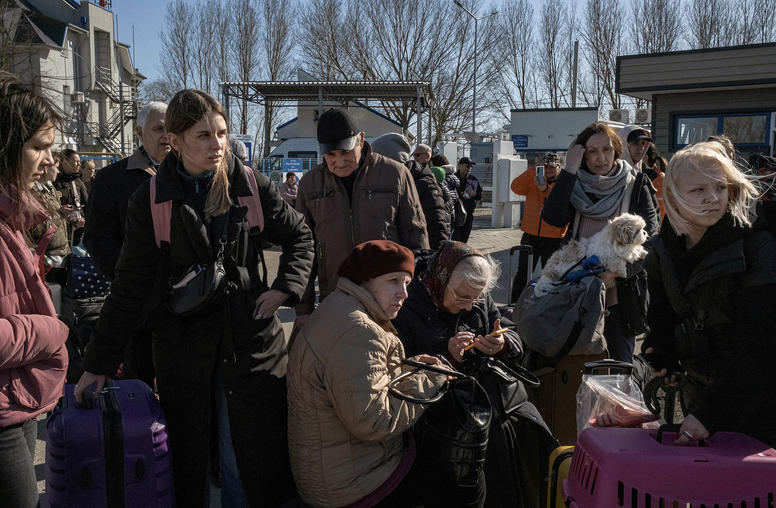
In Moldova, Russia Wages Another Hybrid War
The past week underscores a rising threat in Europe from Russia’s savage assault on Ukraine: the Kremlin’s parallel destabilization of tiny Moldova, between Ukraine and Romania. The Kremlin is escalating a hybrid subversion campaign against Moldova’s effort to build a stable democracy and join the European Union. It is choking off vital gas supplies to tank the economy, sponsoring mass anti-government protests and helping a fugitive Moldovan oligarch launch the latest of several pro-Russia political parties. European policymakers say Moldova, partly occupied by Russian troops, is one of the countries most vulnerable to a spread of the war in Ukraine.
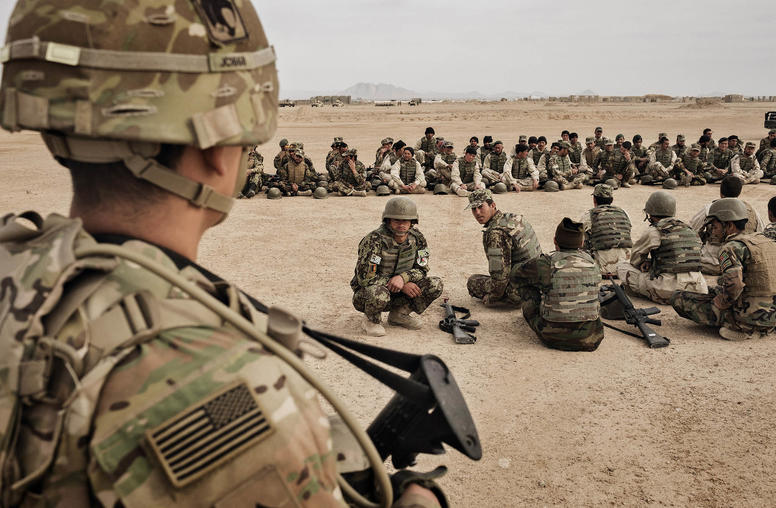
In Afghanistan, Was a Loss Better than Peace?
The American war in Afghanistan incurred staggering costs — for the United States, Afghans and others — over two decades. The U.S. government spent $2.3 trillion, and the war led to the deaths of 2,324 U.S. military personnel, 3,917 U.S. contractors and 1,144 allied troops. For Afghans, the statistics are nearly unimaginable: 70,000 Afghan military and police deaths, 46,319 Afghan civilians (although that is likely a significant underestimation) and some 53,000 opposition fighters killed. Almost 67,000 other people were killed in Pakistan in relation to the Afghan war.
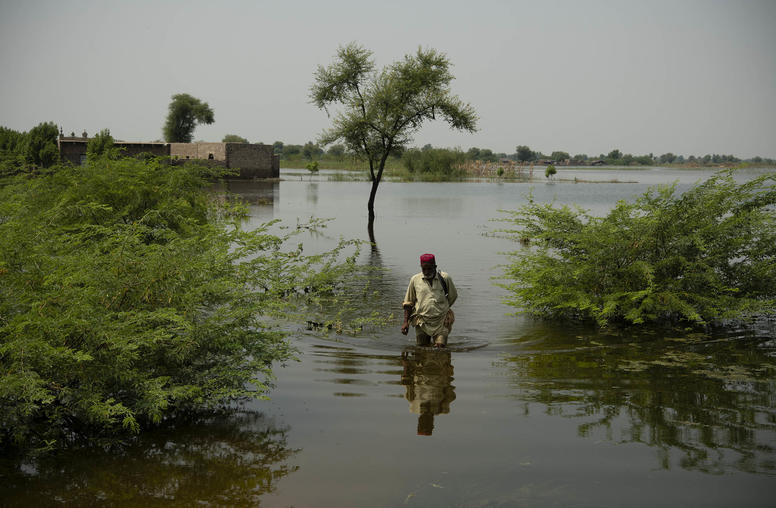
Pakistan’s Roadmap for COP27: In Search of a Strategic Vision
The international community has gathered this week in Egypt for the U.N. Climate Change Conference (COP27) and will be discussing a range of issues including loss and damage, climate finance, adaptation, and mitigation over the next two weeks. This year’s COP27 is being held in the aftermath of Pakistan’s disastrous summer floods, which led to the announcement that Pakistan’s Prime Minster Shahbaz Sharif will serve as vice-chair of the summit.
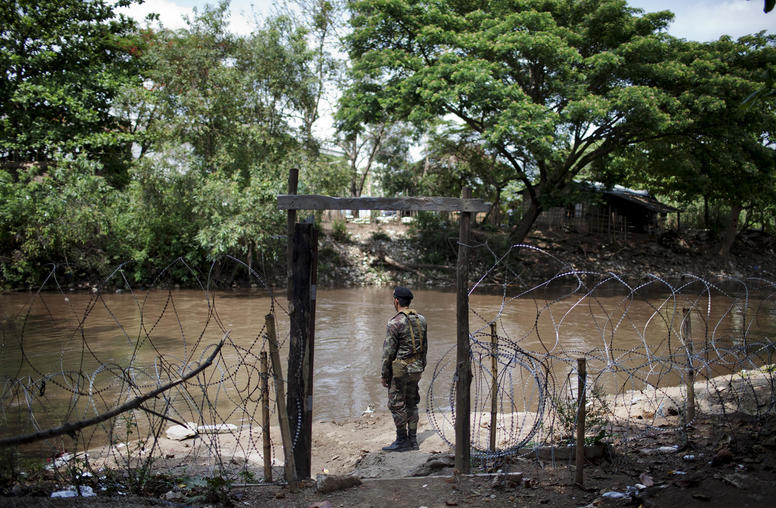
Myanmar’s Criminal Zones: A Growing Threat to Global Security
International media and law enforcement are waking up to a new post-COVID trend in transnational crime: the proliferation of criminally run zones in Myanmar and across Southeast Asia, and an explosion of human trafficking for labor in these ungoverned enclaves.